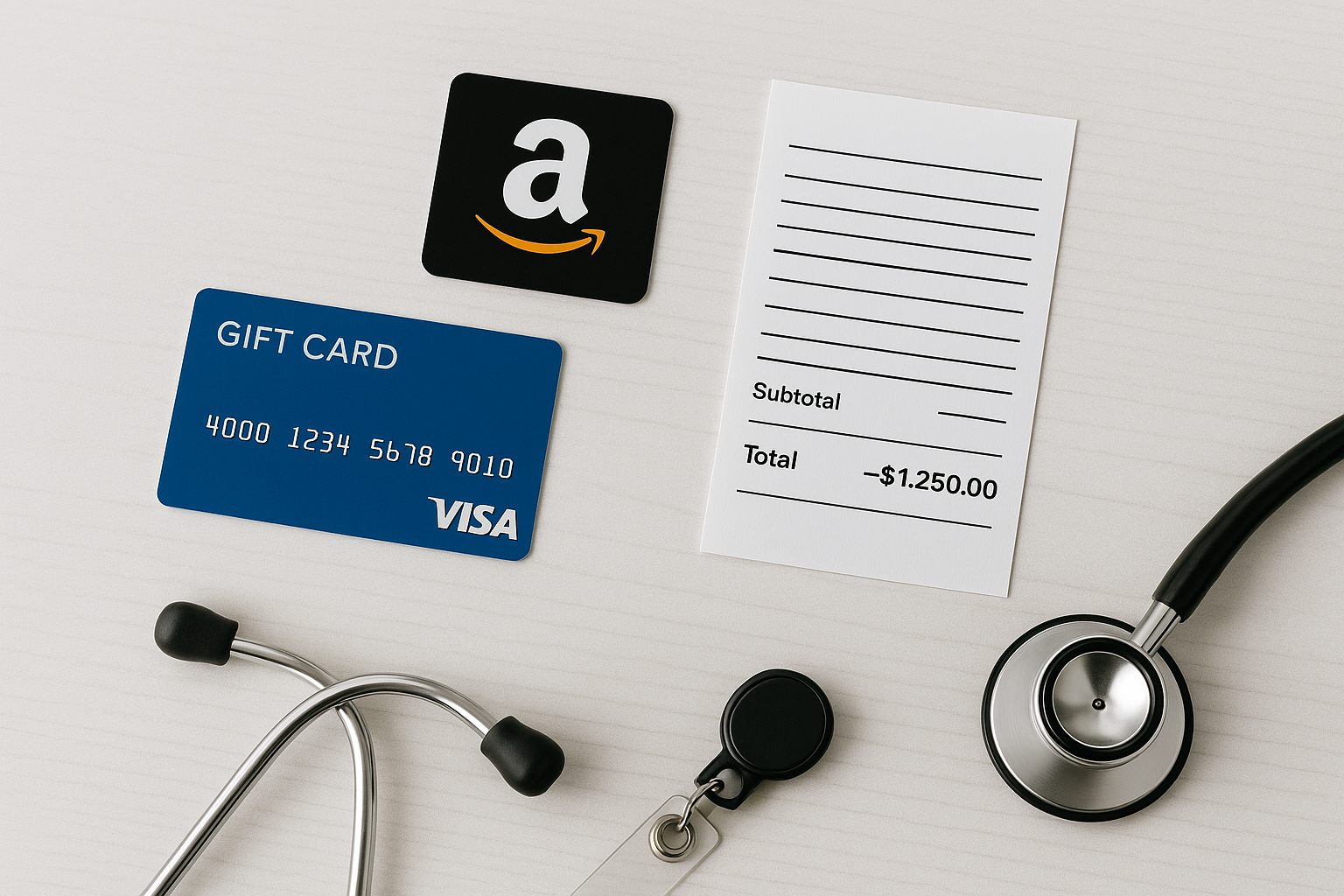How the CME Trail Gift Card Works
When you buy CME Trail, you use your personal funds—typically covered by your employer's CME allowance. After your purchase, you receive a cash-equivalent reward (Visa, Amazon, or Zelle) as a way to return value to you.
Think of it like this:
- You’re not getting something “extra” or unrelated
- You’re just paying less overall for the product
- It’s essentially a post-purchase rebate
So… Is It Taxable?
In most cases, no action is required on your part.
Why?
- You’re not being paid or awarded income
- The reward is part of your purchase experience, not a bonus
- It does not reduce your tax burden, nor does it increase your reportable income
The cost of CME Trail still reflects what you personally paid—and your employer reimburses that amount. The gift card is separate from your employer and simply returns a portion of the value to you.
Best Practice: Treat It Like a Discount
Your actual out-of-pocket cost after receiving your reward is lower—just like if you used a coupon, rebate, or discount. Many users see it this way:

You’re still spending $2,500. You’re just getting some value back, on your terms.
Still Unsure?
We always recommend consulting your tax advisor if you have unique questions. But for most CME Trail users, the gift card is simply a thank-you rebate, not taxable compensation. CME Trail gives you more than just education—you get value back in the format you prefer. Visa, Amazon, Mastercard and others.
Continuing Medical Education
Designed For You
Free Trial

